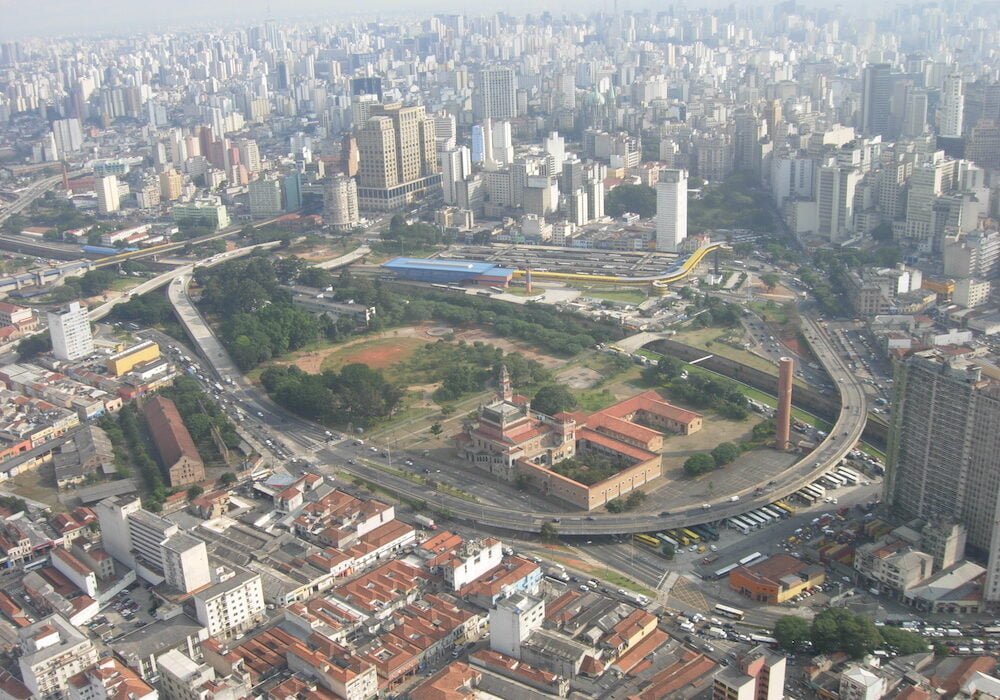Many international initiatives address sustainability. They also share goals of engaging people and improving quality of Life. For these reasons, BEC can complement many of them. For example:
- The Mega-Cities Project builds relationships to transform cities. A BEC approach could support Mega-Cities goals for sustainability and well-being.
- Placemaking and the Future of Cities (pps.org) builds engaging public spaces to create social benefits. BEC’s Themes of Sense of Place and Health would strongly complement this.
Other international programs for cities have rigorous criteria for designation. Creating a Biosphere Eco-City, on the other hand, is straightforward. It depends only on the willingness to apply the BEC approach. When a city has applied for another international designation if might use the BEC approach to begin some activities. It could use BEC to engage people, identify issues and develop projects. This might make acceptance by the other program more likely.
Here are examples of how the Biosphere Eco-City approach might complement three international programs:
- Agenda 2030 Cities
- Based on the UN’s Sustainable Development Goals (SDGs), Agenda 2030 works to create sustainable development through social and environmental justice. Through SDG 11 – Sustainable Cities and Communities – it emphasises design for needs of urban residents.
- The Biosphere Eco-City Approach would engage residents to identify social and environmental needs, and projects to address them. BEC Themes of Transportation, Design, Food and Health are particularly relevant to transformation.
- Biosphere Reserves (BRs)
- This program conserves biodiversity and demonstrates sustainable development in the world’s key terrestrial and coastal ecosystems. Each biosphere reserve has a protected core, a surrounding buffer area and an outer transition zone (which may contain urban features).
- A Biosphere Eco-City is the inverse of a biosphere reserve. It has an urban core and surrounding rural area. BEC’s expertise is human processes, and a BR’s is ecological processes. Yet each need to deal with both. They could share their expertise with each other.
- ICLIE (Local Governments for Sustainability)
- A global network of more than 1750 local and regional governments, ICLIE is committed to sustainable urban development and system change. ICLIE’s five pathways for development are: Low emission, Nature-based, Circular, Resilient, Equitable and People-centred.
- Biosphere Eco-Cities share many elements with ICLIE: stakeholder connections, sharing ideas, engaging people, focus on urban food systems and quality of life. As well, BEC could add an important dimension to an ICLIE city – coordination with the surrounding area.
